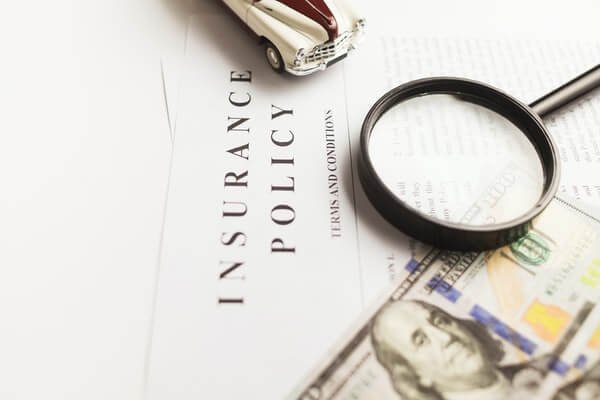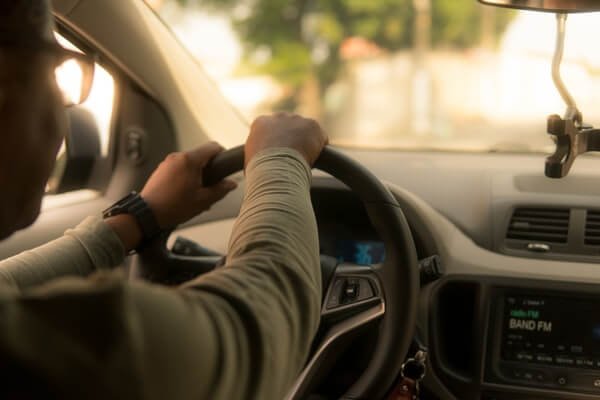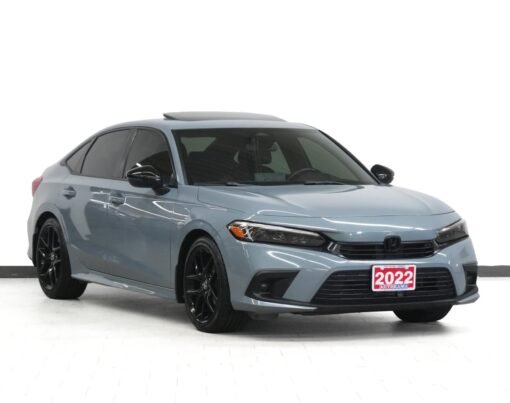If you’re shopping for car insurance, you know how tricky it can be to find a good rate. Insurance costs can vary significantly among insurance providers and drivers alike, and rates can—and do—often change over time. You might know that the most common reason for a rate increase is an at-fault accident, but what are the other factors that might affect your car insurance rates? Keep reading to learn more about what can cause your car insurance rate to go up.
Table of Contents
Your Driving Record
Your driving record is a major factor that car insurance companies consider when setting rates. Car insurance rates can go up after a speeding ticket and can increase by as much as 6%-23% with some insurers, according to data from Forbes Advisor. This is because when you get a speeding ticket, it indicates that you are a high-risk driver and are more likely to get into accidents. Therefore, your car insurance company will raise your rates to compensate for the increased risk.
A history of accidents or moving violations can also cause your car insurance rate to go up. Some factors that insurers look at include the number and severity of accidents, as well as the type of violations (such as speeding or reckless driving). If you have a poor driving record, you may find it difficult to find affordable car insurance.
Your Age
Your age is a major factor that insurance companies consider when setting rates. Young drivers, especially those under the age of 25, are considered high-risk and are charged accordingly. Statistics show that young drivers are more likely to get into accidents than older drivers. This is due in part to their inexperience on the road, as well as their penchant for risk-taking behavior.
Older drivers are similarly more likely to get into accidents than the average driver. One reason is that older drivers may have a harder time seeing things clearly. This can be because of cataracts or because of age-related changes in the lens of the eye.

Your Driving Frequency
How often you drive can play a role in how much you pay for car insurance. The less you drive, the less likely you are to get into an accident and need to file a claim. That’s why insurers often offer lower rates to drivers who use their vehicles less. If you only drive sporadically or seasonally, your insurer may consider you a low-risk driver and give you a discount on your policy. However, if you drive more frequently or rack up multiple accidents, your car insurance rate could go up.
Your Insurance Provider
Individual car insurance rates can also go up when there is an increase in the general cost of providing car insurance. This could be due to an increase in the cost of repairing cars, or the cost of medical care for people injured in car accidents. Another reason for a rate increase may be the increasing popularity of ride-sharing services like Uber and Lyft. These services have led to a decrease in the number of people who own cars, and as a result, there are now fewer people paying for car insurance.
Insurance companies may also increase their rates if they experience a decline in their investment income. When the stock market is doing poorly, insurance companies may lose money on their investments. This can cause them to increase rates to make up for the lost money. Low-interest rates can also have this effect since insurance companies make money from investments. When interest rates are low, there is less money to be made from investments, so insurance companies may have to raise rates to make up for the lost revenue.










